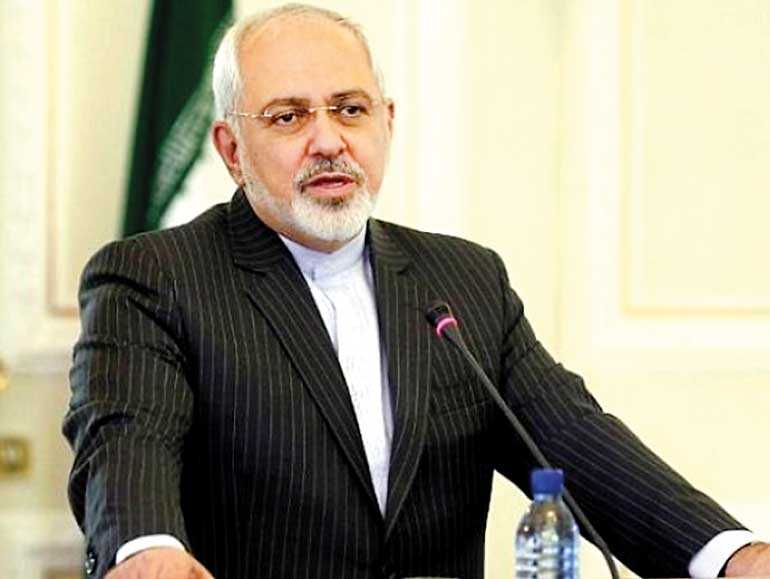Monday Feb 16, 2026
Monday Feb 16, 2026
Monday, 30 September 2019 00:00 - - {{hitsCtrl.values.hits}}

Mohammad Javad Zarif
TEHRAN, AFP: Iran’s Foreign Minister has urged arch-rival Saudi Arabia to accept that “security cannot be bought”, saying an end to the war in Yemen would quell regional tensions.
In an interview with Tehran’s official IRNA news agency on the side-lines of the UN General Assembly, Mohammad Javad Zarif accused the Saudi leadership of stirring up strife.
“They think that, in the same way that they have so far bought everything with money and have managed to buy weapons, friendship and support, they can buy security with money as well,” he said, urging Riyadh to “put aside this illusion”.
Saudi Arabia and Iran are locked in a decades-long struggle for regional dominance and back opposing sides in a bitter war that has pushed Yemen to the brink of famine.
Those tensions have spiked in recent months, particularly since a devastating attack on Saudi oil installations earlier this month.
Iran has denied responsibility and the Huthi rebels it backs in Yemen said they were behind the attack, which knocked out half of the OPEC kingpin’s oil production.
But Riyadh’s ally Washington and European powers have blamed the drone and cruise missile strike on Tehran.
Saudi Arabia intervened in Yemen’s war in 2015 to prop up the government after the Huthi insurgents ousted it from the capital Sanaa the previous year.
Iran denies that it arms the Huthis but has consistently slammed Riyadh’s involvement.
Zarif told IRNA that Riyadh was stirring tensions in order to “open (the way) for foreigners to enter the region”.
The US has several major military bases in the Gulf and has threatened strikes in retaliation for attacks it has blamed on the Islamic republic.
Zarif said the solution “is absolutely clear and that is an end to the Yemen war”.
“Tension in the region will end and it will stop Saudi Arabia’s prestige being further damaged,” he said.
Tens of thousands of people, most of them civilians, have been killed since Saudi Arabia and its allies intervened in March 2015.
The fighting has displaced millions and left more than two-thirds of the population in need of aid.